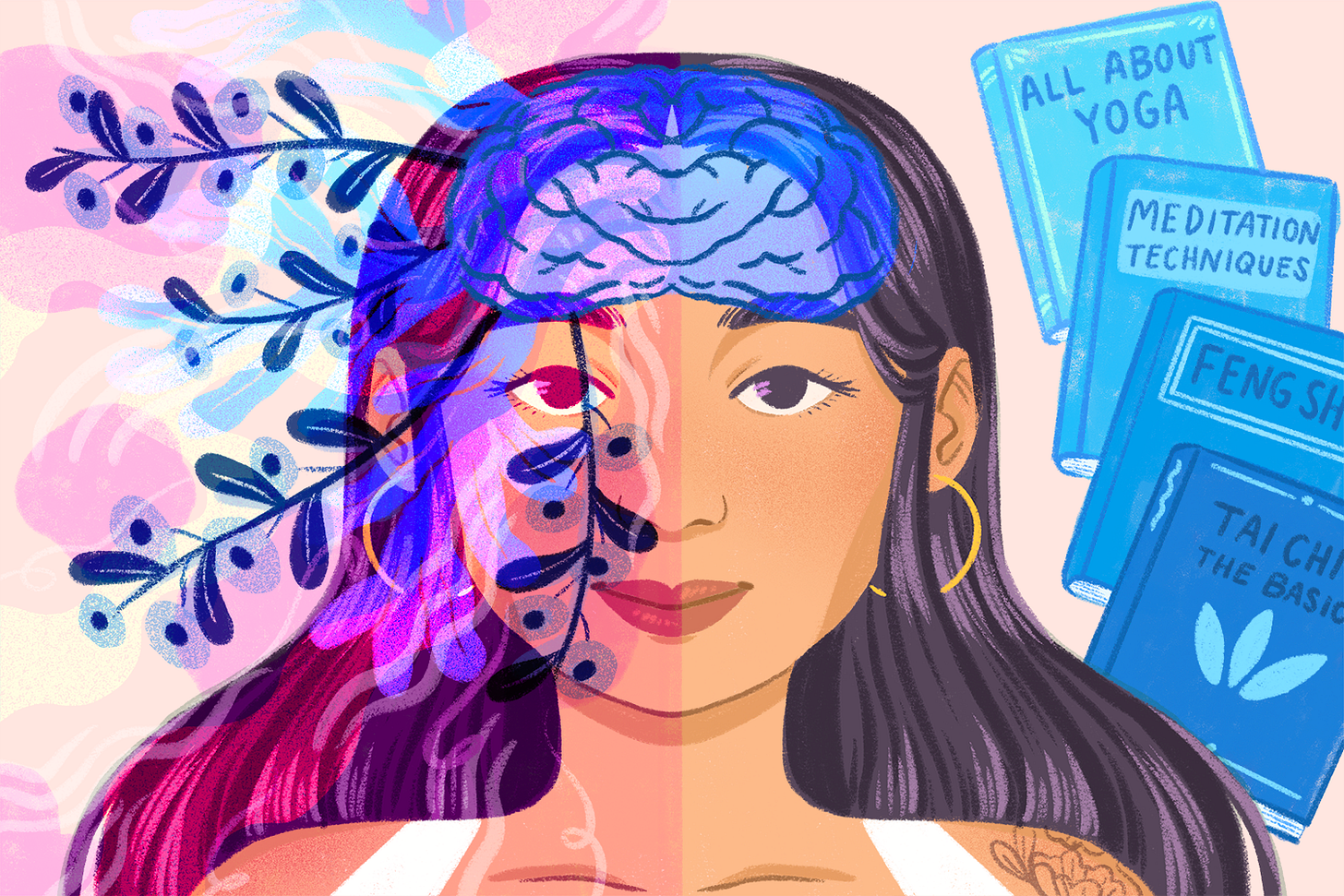Unraveling the Complex Tapestry of Mental Health
Mental well-being encompasses an individual's capacity to navigate life's challenges, harness their talents, acquire knowledge, excel in their pursuits, and enrich their communities.
In a world where the pace of life seems to be perpetually accelerating, it's easy to overlook the intricate web of factors that contribute to our mental well-being. Mental health isn't just a reflection of our current surroundings or life circumstances; it is a profound and multifaceted issue that extends far beyond the surface.
Mental well-being encompasses our capacity to navigate life's challenges, harness our talents, acquire knowledge, celebrate ourselves, excel in our pursuits, and enrich our communities. It forms an essential facet of overall health and vitality, serving as the bedrock for our collective and individual capacities to make choices, cultivate connections, and shape the societies we inhabit. It is not merely a privilege but an inherent human entitlement, playing an indispensable role in personal growth, community advancement, and socioeconomic progress.
To truly understand and address mental health, we must delve deeper into the complex interplay of various elements, ranging from our childhood experiences to our daily habits and social connections.
Childhood Memories: The Foundation of Mental Health
Our early years lay the foundation for our mental health. Childhood memories, both positive and negative, can cast long shadows into adulthood. Traumatic experiences, neglect, or unstable environments can leave lasting imprints on our psyche, shaping our emotional responses and coping mechanisms. Acknowledging and processing these memories is essential for healing and personal growth.
Physical Health: Mind-Body Connection
The mind-body connection is a powerful force in mental health. Physical health and mental health are intimately intertwined. Regular exercise, a balanced diet, and sufficient sleep contribute to a healthy body and mind. Exercise, for instance, releases endorphins, which are natural mood lifters. Poor physical health, on the other hand, can exacerbate mental health issues.
Nutrition: Fueling the Mind
What we eat significantly influences our mental health. Nutrient-rich foods provide the essential building blocks for brain function and neurotransmitter production. Conversely, a diet high in processed foods, sugar, and excessive caffeine can lead to mood swings and exacerbate anxiety and depression.
Sleep: The Reset Button
A good night's sleep is often underestimated in its role in mental health. Quality sleep allows the brain to process emotions, consolidate memories, and regulate mood. Chronic sleep deprivation can lead to heightened stress, anxiety, and cognitive impairments.
Daily Habits: Rituals for Well-being
Our daily routines shape our mental state. Engaging in activities that bring joy, purpose, and relaxation can bolster mental health. Mindfulness practices, hobbies, and time management techniques all play a role in maintaining a healthy mind.
The multiverse of human consciousness
Multiverse is new age verbiage, which has gained momentum due to marvel movies, while some of you know may be aware of what multiverse is, here is a quick detail for those who do not know. What is a multiverse?Thanks for reading Brain Cuddle ! Subscribe for free to receive new posts and support my work.
Social Circle: The Power of Connection
Human beings are inherently social creatures. Our social connections profoundly impact our mental well-being. Supportive relationships provide emotional sustenance, while isolation can lead to loneliness and mental health challenges. Cultivating a strong support network is crucial.
In conclusion, mental health is a multidimensional aspect of our lives that transcends momentary circumstances. To truly address mental health concerns, we must look beyond the surface and consider the holistic picture. While there are multiple factors that are beyond your control like childhood memories, making informed decisions on other fronts like physical health, nutrition, sleep, daily habits, and social connections can be woven together to create our mental well-being tapestry. Recognizing the intricate nature of mental health can empower individuals to take proactive steps toward improving their mental and emotional resilience. By nurturing all aspects of our lives, we can foster a state of well-being that extends far beyond the superficial and into the depths of our true selves.


